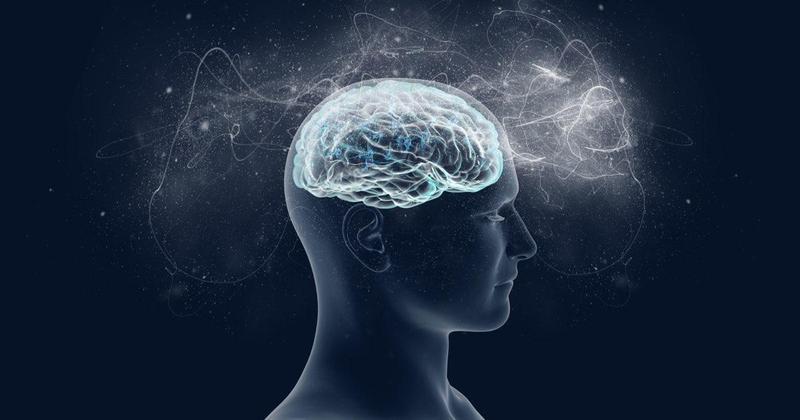Unraveling the Mysteries of the Mind: Exploring the Fascinating Field of Neuropsychology
Unraveling the Mysteries of the Mind: Exploring the Fascinating Field of Neuropsychology
The human brain, with its intricacies and complexities, is a remarkable organ that shapes our thoughts, emotions, and behaviors. Understanding the relationship between the brain and behavior is at the core of neuropsychology—an interdisciplinary field that bridges neuroscience and psychology. In this article, we embark on a journey into the world of neuropsychology, exploring its foundations, methodologies, and the invaluable insights it provides into the workings of the human mind. Join us as we unravel the mysteries of neuropsychology and discover its significance in understanding cognition, behavior, and neurological disorders.
Foundations of Neuropsychology: Exploring Brain-Behavior Relationships:
Neuropsychology focuses on investigating the relationship between brain function and behavior. By studying individuals with brain injuries, diseases, or developmental disorders, neuropsychologists seek to understand how specific brain regions and networks contribute to cognitive processes, emotions, personality traits, and social behaviors.
- Cognitive Functions: Neuropsychologists investigate a wide range of cognitive functions, including attention, memory, language, executive functions, perception, and problem-solving. By examining the effects of brain damage or dysfunction on these functions, they gain insights into the underlying neural mechanisms.
- Neural Plasticity: An intriguing aspect of neuropsychology is the study of neural plasticity—the brain's ability to reorganize and adapt in response to injury or environmental changes. Neuropsychologists explore how the brain can compensate for damage and recover functions through rewiring and reorganization.
Assessing Brain Function: Methodologies in Neuropsychological Assessment:
Neuropsychological assessment plays a critical role in understanding brain-behavior relationships. These assessments employ a variety of techniques and tools to evaluate cognitive functions and identify deficits or abnormalities. Common methodologies include:
- Standardized Tests: Neuropsychologists administer standardized tests to assess different cognitive domains, such as intelligence, attention, memory, language, and executive functions. These tests provide objective measures that help identify strengths and weaknesses in an individual's cognitive profile.
- Neuroimaging Techniques: Advances in neuroimaging have revolutionized neuropsychological research. Techniques like functional magnetic resonance imaging (fMRI), positron emission tomography (PET), and electroencephalography (EEG) enable researchers to visualize brain activity and connectivity, identifying patterns associated with specific cognitive processes or neurological disorders.
- Behavioral Observations: Observing and analyzing an individual's behavior in real-world settings can provide valuable insights into their cognitive and emotional functioning. Neuropsychologists employ behavioral observations to assess social skills, emotional regulation, problem-solving abilities, and adaptive behavior.
Applications of Neuropsychology: Understanding Neurological Disorders:
Neuropsychology plays a crucial role in diagnosing and understanding neurological disorders. By examining the cognitive and behavioral profiles of individuals with various conditions, neuropsychologists contribute to treatment planning and rehabilitation strategies. Some key areas of application include:
- Traumatic Brain Injury (TBI): Neuropsychological assessment helps identify cognitive impairments and guide rehabilitation efforts for individuals who have experienced a TBI. It provides insights into areas such as attention, memory, problem-solving, and emotional functioning.
- Neurodegenerative Disorders: Neuropsychologists play a vital role in diagnosing and monitoring the progression of neurodegenerative disorders like Alzheimer's disease, Parkinson's disease, and Huntington's disease. They assess cognitive decline, track changes over time, and contribute to the development of targeted interventions.
- Stroke Rehabilitation: Following a stroke, neuropsychological assessment helps determine the impact on cognitive functions and guides rehabilitation programs to maximize recovery and optimize functional outcomes.
- Developmental Disorders: Neuropsychology aids in the assessment and diagnosis of developmental disorders, such as autism spectrum disorder (ASD) and attention-deficit/hyperactivity disorder (ADHD). It provides insights into cognitive strengths and weaknesses, helping tailor interventions and support strategies.
Neuropsychology offers a captivating journey into the intricate workings of the human mind and its relationship with the brain. Through the integration of neuroscience and psychology, neuropsychologists shed light on the complexities of cognition, behavior, and neurological disorders. With its methodologies for assessing brain function, understanding neural plasticity, and applications in diagnosing and treating neurological conditions, neuropsychology continues to advance our understanding of the human brain and pave the way for interventions that enhance cognitive functioning, promote recovery, and improve the lives of individuals affected by neurological challenges.
Be the first to post a message!
